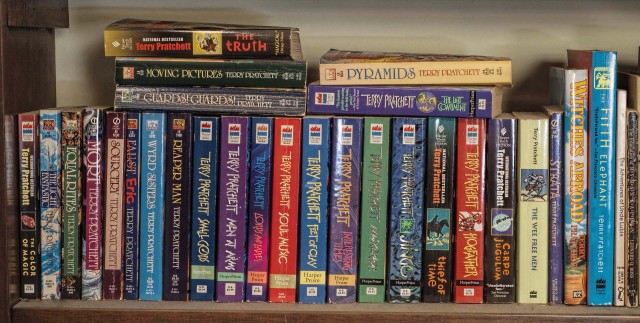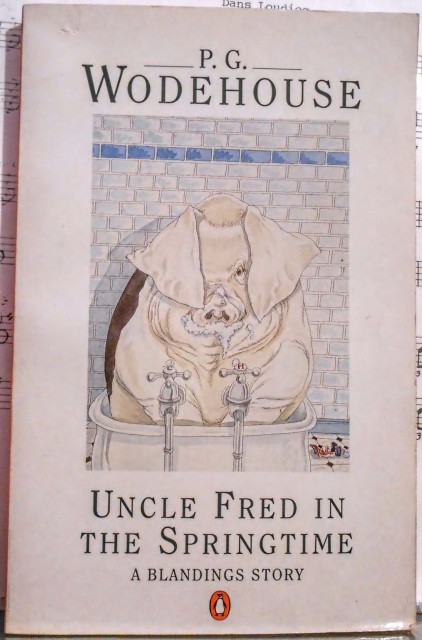Underdue, adjective
An example of its usage from an Alan Coren book review:
MAXIMINUS NAPLES
The first Proconsul of what was, in the second century BC, still Calabrium, Maximinus is chiefly remembered for his habit of throwing political opponents into Vesuvius. His proconsulate was exceptionally stormy, corrupt and inefficient, and in 134 BC, Emperor Tiberius Gracchus demoted him to the proconsulate of Sicily, where he is chiefly remembered for his habit of throwing political opponents into Etna. His significance is minimal, and my own opinion is that this dreary account is long underdue.
The book in question is a volume of the Encyclopedia Britannica, and Coren’s review is based on the title on the spine. The review is included in The Sanity Inspector, the book I tossed in the camera bag yesterday to read while waiting for the cosplay contest to begin.
Coren on the Netherlands:
… it is an interesting country, sweeping up from the coastal plain into the central massif, a two-foot high ridge of attractive silt with fabulous views of the sky, and down again into the valleys, inches below. Apart from cheese and tulips, the main product of the country is advocaat, a drink made from lawyers.



